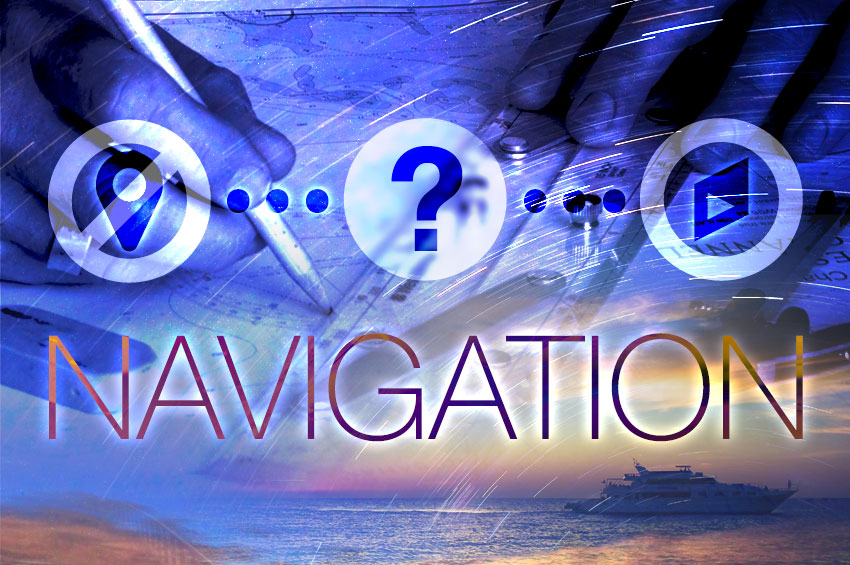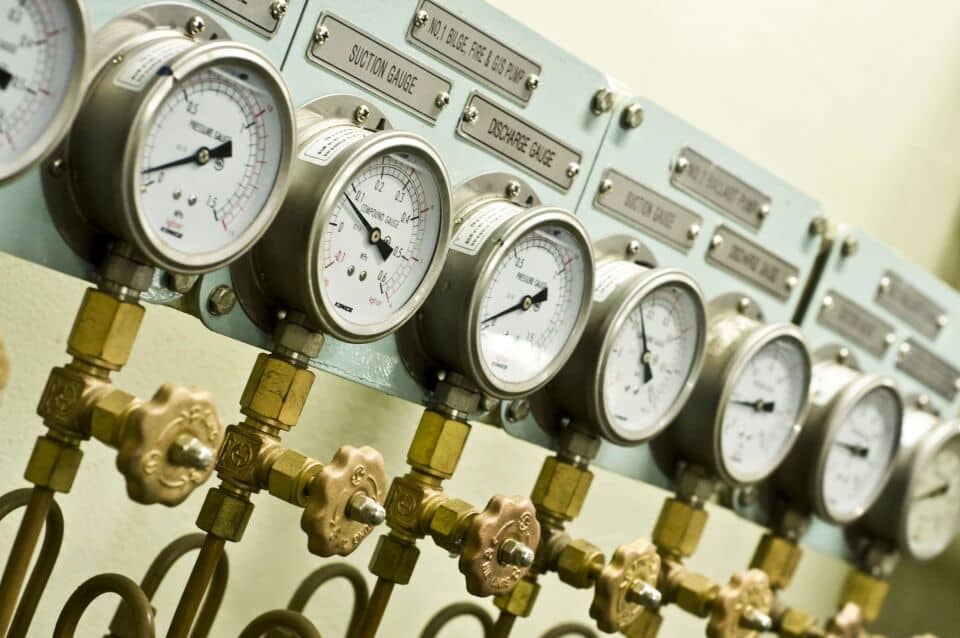Loss of GPS Signal

A GPS signal can be interrupted by natural causes, through the introduction of malware or by intentional jamming. Whatever the cause, loss of the signal can be catastrophic without immediate implementation of alternate navigation.
The recent U. S. Coast Guard safety alert pointed out the necessity to maintain traditional navigation skills. During the summer of 2015 a series of GPS signal loss incidences were reported at a non-U.S. port by departing vessels. In each case, immediate detection was made and alternate means of navigation and collision avoidance were put into operation, evading potential negative consequences.
The Global Navigation Satellite System (GNSS) has become a routine convenience both ashore and on board. Navigation, positioning, speed through digital technology is an asset to safety and efficiency. Loss of GPS can be the complete loss of signal, an incorrect signal, or an interrupted signal. Dependence on technology, however, has downsides which must be anticipated.
Well trained crew are the best means to identify and respond to a signal loss. Insure against the consequences of GPS signal loss with emphasis on the following factors:
- Drills and guidelines
- Watch standards
- Maintenance of traditional skills
The routine use of system computers as personal devices provide the means to introduce malware onto the bridge. A cyber threat could be introduced through an email attachment or use of a memory stick imbedded with a virus. Device usage guidelines and email policies should be part of the Safety Management System (SMS). Integrating drills for signal loss should become a vessel norm. New crew may lack awareness to identify a problem exists, but share the responsibility for the safety of the vessel and its passengers. While a complete loss of signal should trigger audible alarms, an incorrect signal or interrupted signal may not and be more difficult to identify than a complete signal loss.
Watch standards stipulated by the Captain are critical to navigation. Situational awareness is not necessarily a skillset that is awarded with a ticket. The importance of being engaged, alert and aware of potential hazards are more often learned aboard under the guidance of more experienced crew. The boredom of watch can be relieved by reading, phone, laptop usage, and maintenance tasks. Each of these can pose a deterrent to awareness and observation. Lack of engagement in the task at hand presents hazards not only for the cyber threat but also for the dimensional threat of lost containers, abandoned equipment and sea life. Constant awareness and rechecking all visual cues to navigation is a standard of watch.
Over reliance on electronic feedback presents the potential for failure. Even built in redundancy is dependent on external signals. Multiple sources of verifying position and route planning should be a matter of routine. Currently corrected paper charts and the skill to use them are not only required but make sense. Systems that have fallen into disuse as navigation and route planning moved toward dependence on GPS are functional alternates which should be part of the navigator’s tool chest – magnetic compass, Loran, gyros, visual observations and dead reckoning, terrestrial and celestial navigation. Maritime academies have reintroduced celestial navigation to their syllabus. Classroom skills require practice to be reliable in situations requiring an emergency reaction.
Complete trust in the GPS reliant equipment on the bridge is misplaced. Any loss of GPS signal could lead to the disastrous consequences of collision, grounding, or disorientation. Such emergent situations could be complicated by crew factors: complacency or distraction on watch, lack of training and experience in traditional skills. The human element is the best defense against equipment failure.
 Sales
Sales
 Charter
Charter
 Management
Management
 Crew
Crew
 About Us
About Us
 Contact Us
Contact Us
 Newsroom
Newsroom


